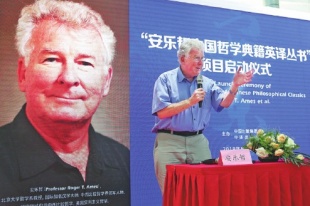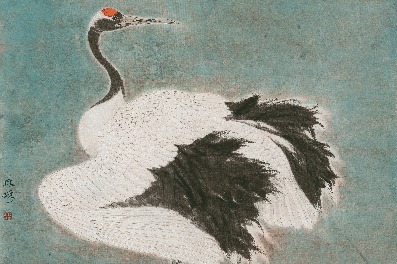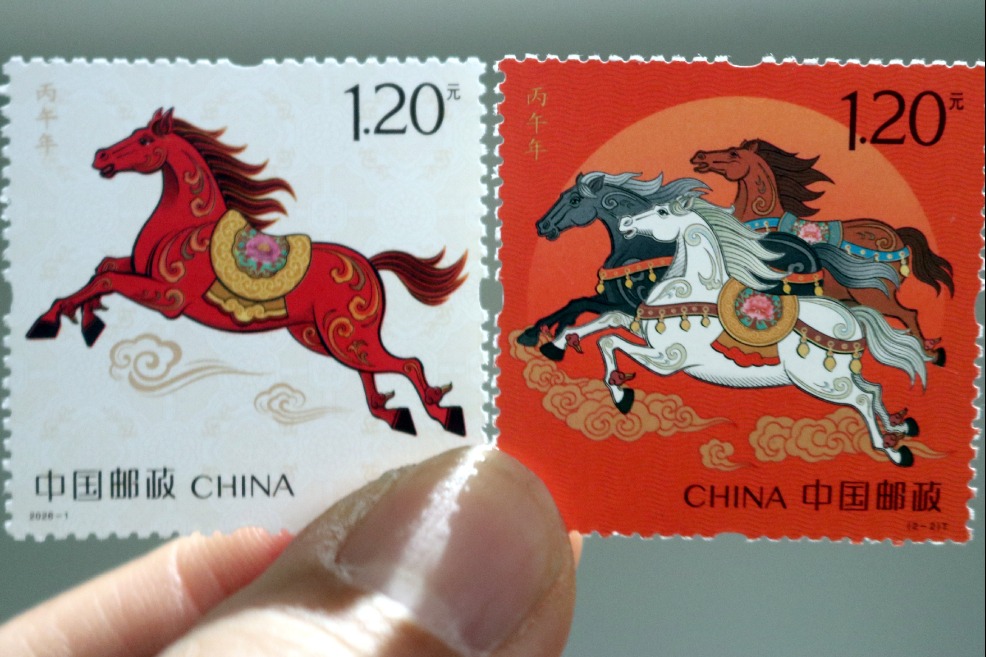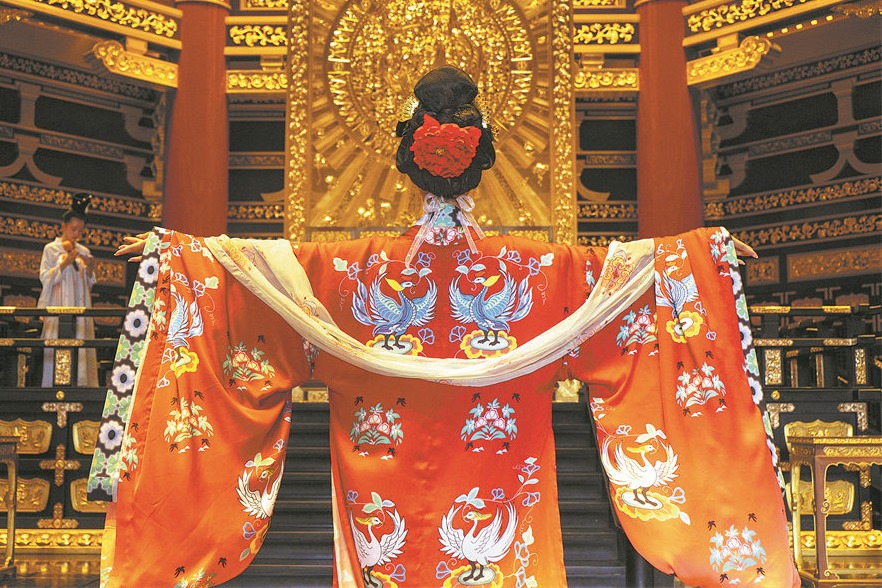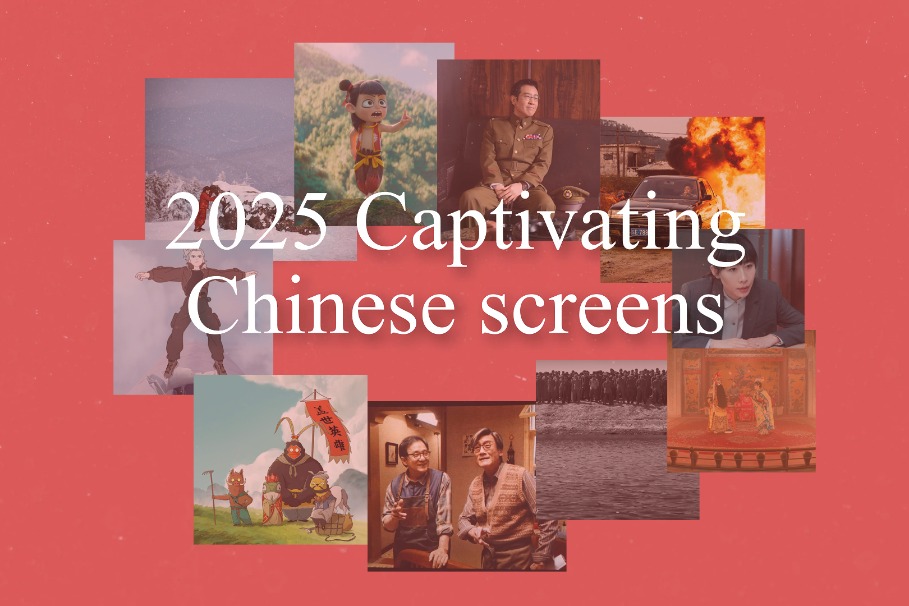The new Confucian

"It's time for Chinese philosophy to step forward and have its own voice, at a time when the rest of the world is inflicted with the win-or-lose model. The time of the superpower has passed. China has to shoulder its responsibilities and become an international player," Ames says.
Chinese philosophical ideas were initially introduced to the Western world by missionaries. Many of their concepts had no equivalents in a Western context. Most translations were more like "transplantations" in Ames' view. A common mistake was to translate the word tian as "heaven". But tian in Chinese culture has nothing to do with religion. These translations have resulted in centuries-long misconceptions about the true nature of Chinese philosophical ideas. "That's why Chinese philosophy must be translated within the context of Chinese culture. I call this its 'interpretive context'."
Ames summarized Chinese culture as "the indivisible one and many", while describing Western culture as the "one behind the many". The former always speaks about a generating process, stressing the whole, while the latter pursues the absolute truth, upholding the individual.
"The charm of Chinese philosophy is its natural ties with real life instead of God. It offers practical wisdom to deal with relations, and never pursues abstractness," Ames says.
Ames is not only devoted to addressing the distorted translations of Chinese culture, but also hopes to act as a conduit between Chinese and Western cultures.


